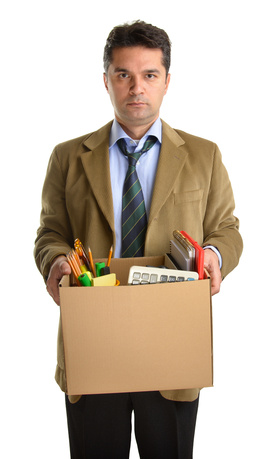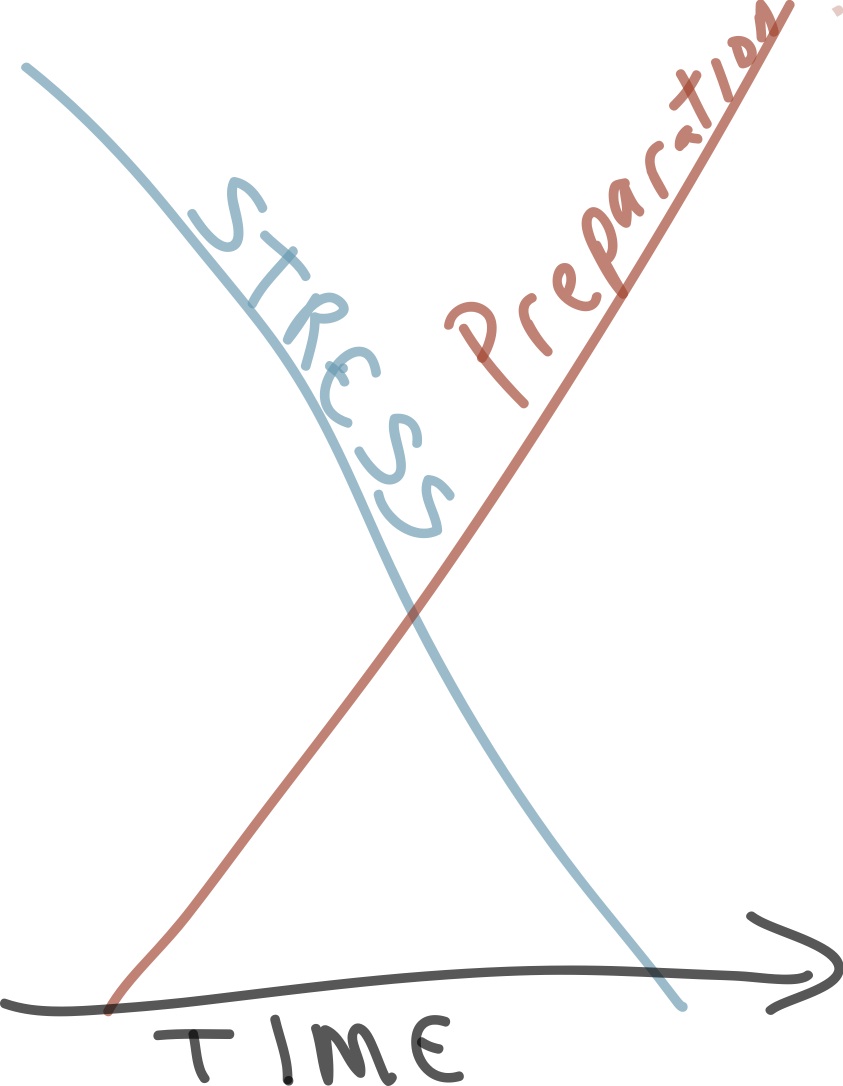
This is a guest post. Honestly, I don’t do a lot of them, but this is an important topic. I can’t help but believe it impacts leadership. I know it impacts the church. The only thing I would add – or further emphasize – is to recognize the battle from a spiritual perspective. If you’re a believer, the Spirit of God dwells within you. Seek His help.
4 Important Steps To Quit Porn Once And For All
We all struggle with our own vices. For some, those vices not only harm ourselves, but the people around us. Pornography and sexual addiction is one of those struggles that can leave addicts feeling isolated and depressed.
In order to break your addiction and move towards recovery, having the tools and resources around you is important to help you set yourself up to succeed. As you go through the steps listed below, remember not to over analyze, but to use these tools get you started.
As you begin to master these steps, you’ll start to see a ripple effect on your life and addiction.
1. Action plan. Creating an action plan can have a huge impact on helping you move forward in your healing. The thought of stopping “cold turkey” can overwhelm and discourage many people, but by taking some time to develop a Plan of Action, you can set yourself up for success.
Think of your Plan of Action as a tool to help you establish new habits and implement them into your daily routine. These new habits don’t have to be huge (nor should they be—as that may also discourage you). Instead, you want these habits to support you and your recovery. Some ideas to get you started: find a support group, therapist, spiritual leader, or trusted friend where you can talk openly, practice positive self-talk, write in a daily journal, volunteer or do something nice for someone, take up a hobby, and practice forgiving yourself.
2. Support group. Addiction thrives in shame and, due to this, we tend to isolate ourselves. Isolation is one of the biggest stumbling blocks addicts (and spouses of addicts) face. To help you not feel so alone and talk with others who are dealing with similar struggles, finding a support group is important.
You may find yourself shaking your head, saying, “I don’t do that group thing,” but a support group can be an excellent place to listen to what others are going through, see the various stages everyone else is in, and gain some insights and tips to help you in your own recovery. In addition, you can also provide feedback and encouragement to other people. Plus, those who have a support group are more likely to overcome addiction.
3. Positive self-talk. One of the worst things you can do while recovering from addiction is belittle yourself. If you’re always talking down to yourself and allowing those negative, self-limiting beliefs roll around in your mind, you’re just setting yourself up for failure. Henry Ford put it perfectly when he said: “Whether you think you can, or you think you can’t–you’re right.”
Take time when you get up, before you go to bed, and throughout the day to practice positive self-talk. The more you tell yourself you deserve a life free of addiction and have the strength to do this, day by day, the stronger you’ll be in your recovery.
Some affirmations to get you started:
● Today I will do one kind thing for myself and one for someone else. I will love myself and let myself receive the love that is there for me.
● Today I am willing to learn by doing. I will learn something about myself by following through on my daily plan.
● Recovery is a messy business. Today I will give myself permission to experiment, to make mistakes. I will learn from the day’s business and move on.
4. Forgive yourself. Part of recovery is to remember you’re human. You’ll make mistakes. You’ll have moments where you’ll slip up and revert to old habits. Don’t let the moments discourage you and leave you thinking you can’t recover from addiction. The important thing to remember when you slip up is to forgive yourself and call someone immediately. This can be your therapist, someone in your support group, a trusted friend or spiritual leader, and then recommit to your recovery.
One idea to help you when working towards healing is to write yourself a letter. Write why you’re ready to break your addiction, why you’re doing this, who you are doing this for, and anything else that will remind you why you’ve decided to break your pornography addiction.
Addiction is not easy to break. Be kind with yourself and know you are not alone. The path of recovery is making a conscious decision every day to not go back to those unhealthy habits.
About the Author: Danielle Adams is a freelance writer who works with Lifestar Therapy. She is committed to helping people practice open communication and build healthy relationships.



